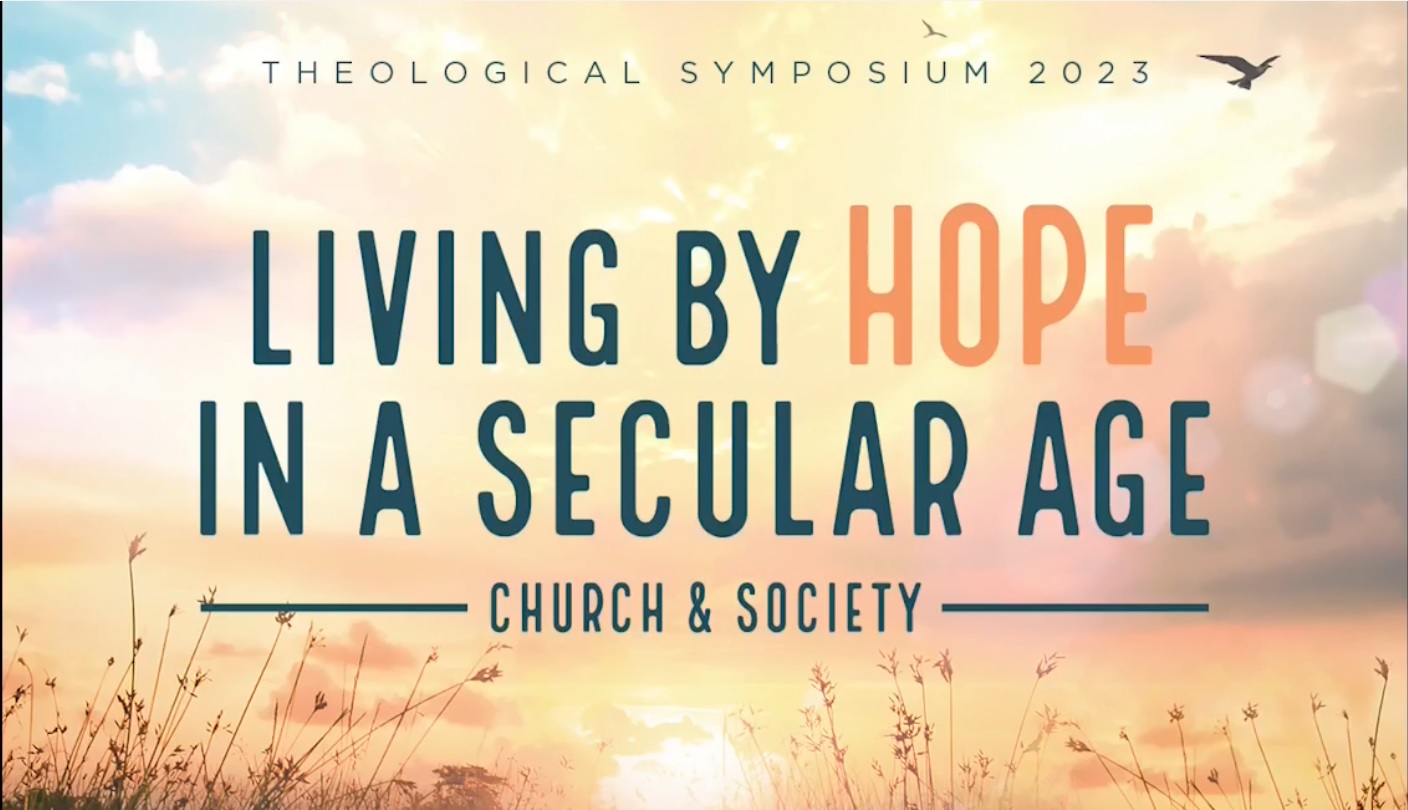Loading...
Start Date
19-9-2023 2:15 PM
End Date
19-9-2023 3:00 PM
Keywords
2023 theological symposium, society, justice, freedom
Description
Western societies are polarizing and are coming under pressure from within and without. Unresolved global threats such as the ecological crisis and the scarcity of resources are accompanied by a new complexity of political powers. At the same time, the forces of social cohesion, which had long proved to be based on a mix of enlightened rationality and Christian values, are eroding. Where does the church stand in this situation? Does it become an actor alongside others in the struggle for cultural dominance? Or does it succeed in finding its place anew? What does it mean for its place in society if the mission of its preaching is not to secure a particular society, however, it is imagined, but to call sinners out of the bonds of death into the freedom of the justified children of God? This sectional will explore suggestions from the Lutheran theologian Hans Joachim Iwand (1899-1960), who in the 1950s, in the face of the ethical-cultural devastation after National Socialism, asked what Christians could contribute to the well-being and freedom of a life-serving political community.
Submission Type
Bible Study; Lecture; Sermon Prep
Submission Audience
Laity; Ministers; Scholars
People in this Resource (separated by commas)
Hans Joachim Iwand
Submission Cost
Free
Love as the Reason and Limit of Freedom and the Church as “No Man’s Land” in the Midst of Society: A European Perspective
Western societies are polarizing and are coming under pressure from within and without. Unresolved global threats such as the ecological crisis and the scarcity of resources are accompanied by a new complexity of political powers. At the same time, the forces of social cohesion, which had long proved to be based on a mix of enlightened rationality and Christian values, are eroding. Where does the church stand in this situation? Does it become an actor alongside others in the struggle for cultural dominance? Or does it succeed in finding its place anew? What does it mean for its place in society if the mission of its preaching is not to secure a particular society, however, it is imagined, but to call sinners out of the bonds of death into the freedom of the justified children of God? This sectional will explore suggestions from the Lutheran theologian Hans Joachim Iwand (1899-1960), who in the 1950s, in the face of the ethical-cultural devastation after National Socialism, asked what Christians could contribute to the well-being and freedom of a life-serving political community.


